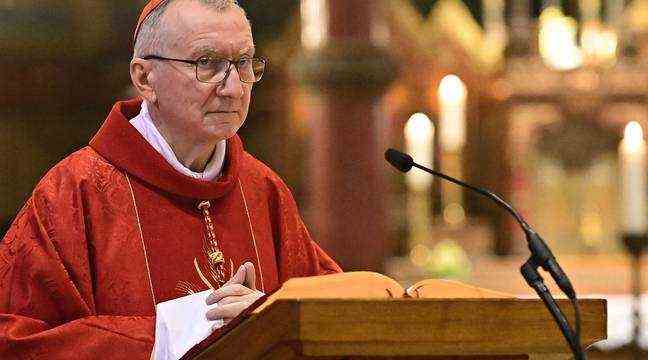It is a French exception. In Alsace and Moselle, the law of 1905 on the separation of Church and State does not apply. Why ? Quite simply because at the time of its adoption, the Bas-Rhin, the Haut-Rhin and the Moselle were annexed to the German Empire. Then, after the First World War, these departments campaigned to keep their local law, which also covers labor law or social legislation.
Religious cults therefore remain governed there by the law of April 8, 1802, including the Concordat of 1801 concluded between Bonaparte and Pope Pius VII, extended to the Protestant and Jewish authorities.
Cardinal Pietro Parolin, Secretary of State for the Holy See, judged this Concordat “useful for the relationship between Church and State” during a visit to Strasbourg on Sunday, on the occasion of the jubilee celebrating the 1,300 years of the death of Sainte Odile. “For the future, I think that the Concordat regime is useful for the relationship between Church and State”, declared Cardinal Parolin during a press conference. “It is an instrument that is still valid. I think we can continue like this, despite the fact that in the rest of French territory, there is no agreement between Church and State, ”he added.
Regularly subject to debate, the Concordat has recently been called into question by the first secretary of the Socialist Party, Olivier Faure, and by members of La France Insoumise, headed by Jean-Luc Mélenchon.
A Concordat extended to Islam?
The Concordat “is the result of history,” Cardinal Parolin again declared. “It’s a fact, history has developed in a different way in the rest of France and in Alsace and Lorraine. These were painful events, and when we talk about Concordat we are talking about the whole story behind it. You have to be respectful of history. “
Asked about the possibility of an extension of the Concordat to Islam, as claimed by Adil Tyane, candidate eliminated in the first round of the regional election in the Grand-Est, Cardinal Parolin underlined the difficulty, for the State, to “find a single point of contact”, who speaks on behalf of all Muslims. “When we talk about Concordat, we are talking between authorities who have full powers over their respective communities. It is more difficult for Islam, there is not an authority for all. I don’t know if we can overcome this difficulty, ”the cardinal concluded.

